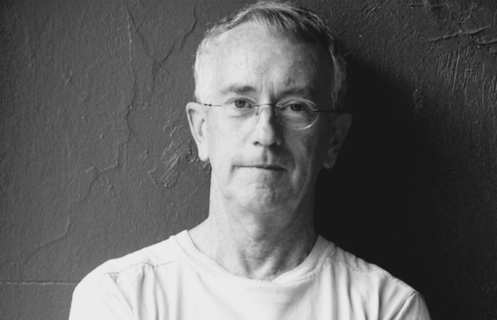Ahead of the forthcoming consultation Faith, Belief and Nation-building, we’re asking some of the participants a few quick-fire questions to give you a flavour of their interests and thoughts…
Today we talk to Professor Steve Keen, Head of the School of Economics, History and Politics at Kingston University.
What have you been working on recently?
- The causes of financial crises.
- The role of energy in production, and hence the link between economics and ecology.
Why did you accept the invitation to Malvern 2017: Faith, Belief and Nation-building?
I am an agnostic, but a firm believer in the importance of ethics in a well-functioning society. Conventional economics has undermined this by an ethics-free and frankly unrealistic approach, and I am one of many non-mainstream trying to replace that with both ethically and realistically grounded economics.
What are you looking forward to about the conference?
To interact with people whose first focus is on ethics, and having the chance to explain the role of economics in having undermined our ethical foundations.
As you know, the consultation takes its name from the conference of 1941, instigated and convened by Archbishop William Temple…
What do you think has been the most positive change in British society since 1941?
Rather like my home country of Australia, it is a much more ethnically and culturally diverse and interesting place than it was.
What do you think has been the most negative change in British society since 1941?
The growth of speculative finance which has undermined the social fabric.
Why is it important that the role of faith and belief be a part of the conversation about nation-building?
Humans, whether religious or not, will always be driven by their beliefs. We need beliefs that are grounded in reality, which is where my realist approach to economics comes in.
Thanks Steve!
You can read Steve’s blog here, follow him on Twitter, and find more information about Malvern 2017: Faith, Belief and Nation-building by following this link.
More blogs on religion and public life
- Assisted Arguing
by Simon Lee - Reweaving the fabric of society: partnership working with the faith sector in Lancashire
by Peter Lumsden - How the Questions we ask are helpful in viewing the world in a different way.
by Ericcson Mapfumo - What Southport does today, the whole country could do tomorrow
by Simon Lee - The Unexpected (And Undiscovered) Public Goods of Video Games
by Andy Robertson

Discuss this